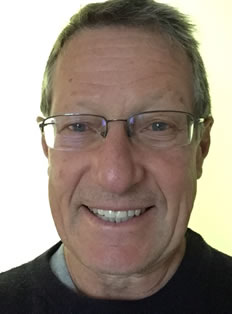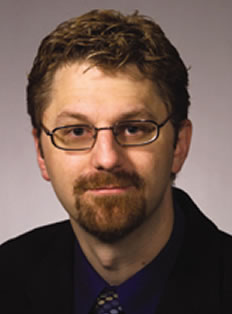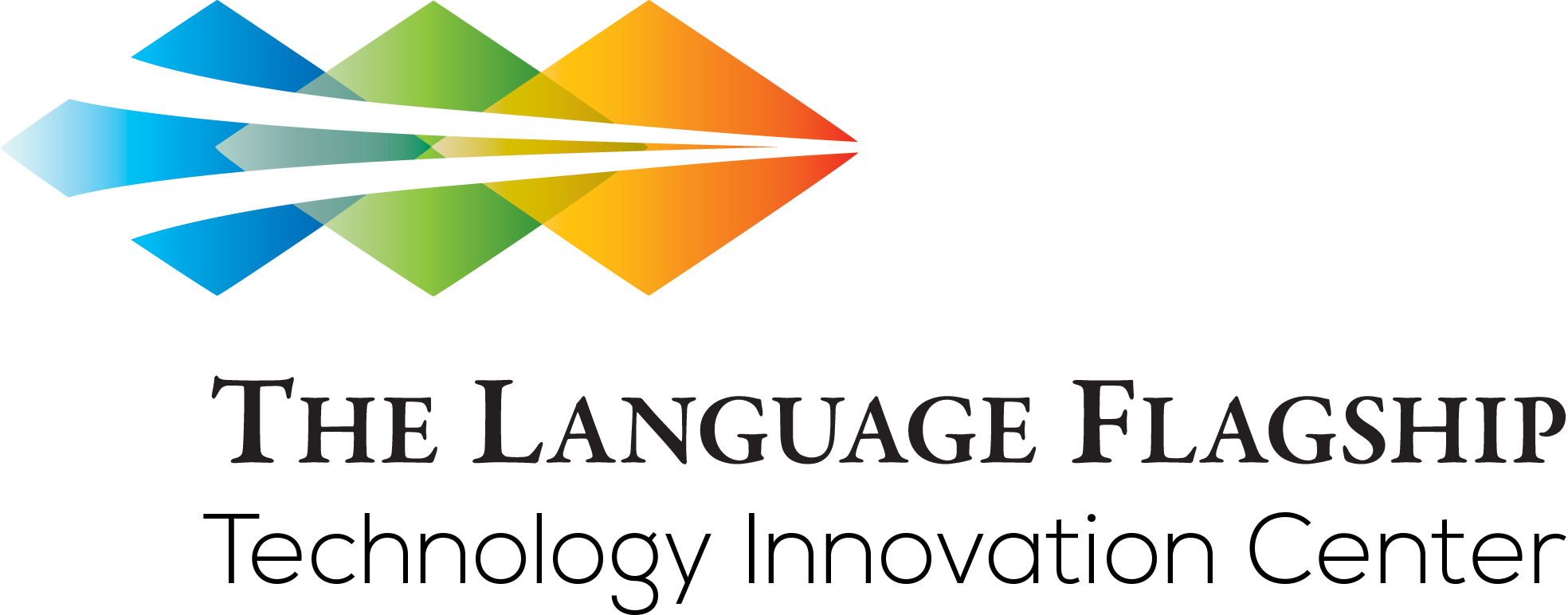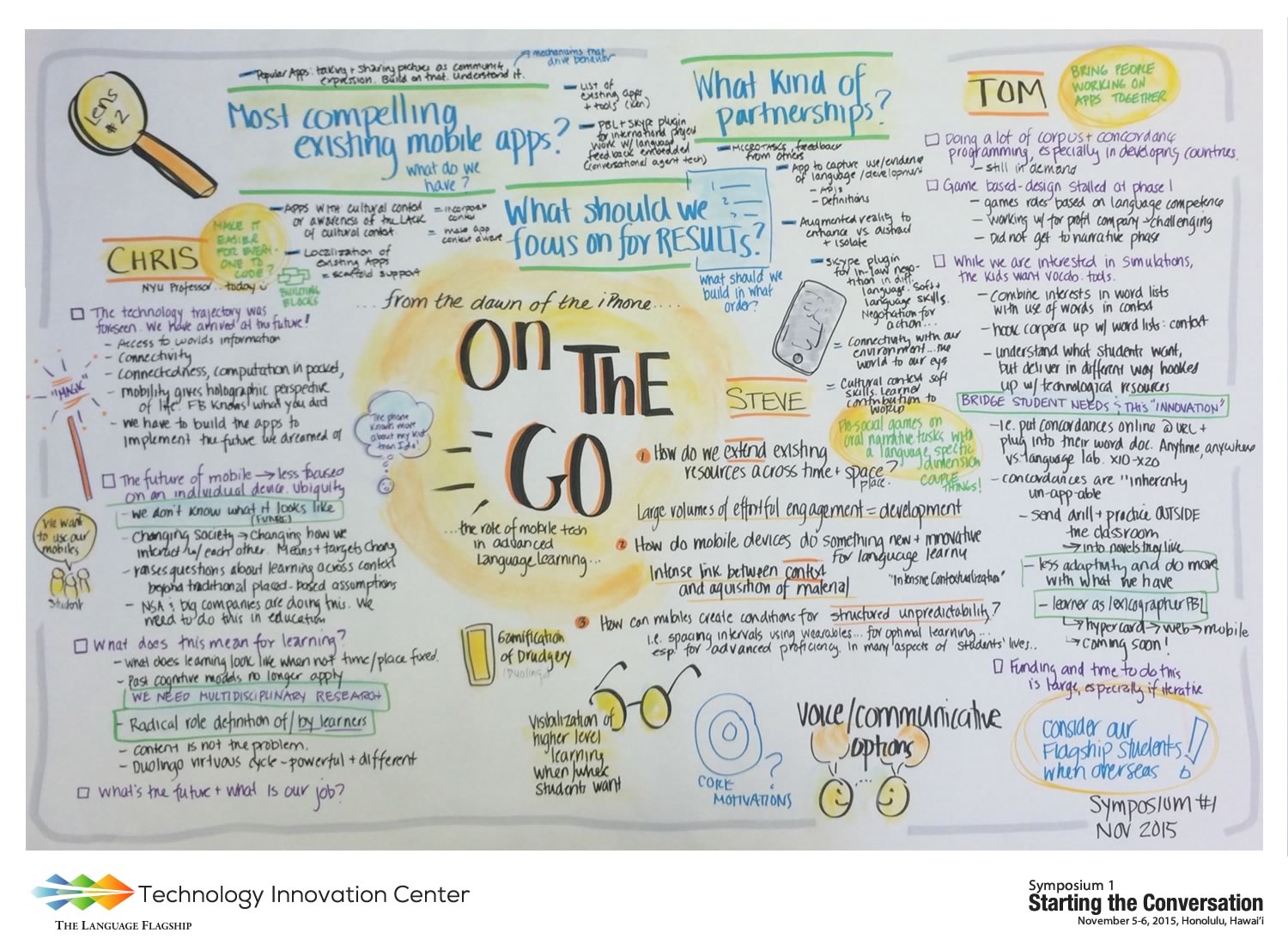Panel 2: Learning on the go
Mobile learning – Emphasis on culture and language maintenance.
Description:
Mobile technologies enable ubiquitous learning (u-learning) approaches (emphasizing anytime, anywhere engagement). U-learning can be examined along two axes: 1) the mobile device creates language learning opportunities via access to web-based information and foreign language course content, apps and gamified language tutorials designed for discrete learning goals, and collaboration/communication with peers, teachers, and/or expert speakers (to name only a few examples) and 2) the mobile device used in specific settings enables intense contextualization of language resources and communicative activity, e.g., place-based/augmented reality activities designed for use in specific locations; mobile media learning for agentive ‘just-in-time’ access to people and information relevant to specific tasks or situations.
Host

Steven Thorne
Dr. Thorne is an Associate Professor of Second Language Acquisition in the department of World Languages and Literatures at Portland State University. His current research examines technology-mediated language learning occurring within and outside of formal educational settings, indigenous language maintenance and revitalization, and exploring the conceptual and social-material consequences of divergent theories of second language development. He is frequently invited to present at talks and workshops on a variety of language-related topics including Internet communication and information technologies, intercultural communication, Vygotskian and cultural-historical activity theory, corpus linguistics, second language development and pedagogy, and ancestral/indigenous language revitalization. His book length works include a co-edited book on Internet-mediated Intercultural Foreign Language Education (Thomson/Heinle, 2006) and the co-authored volume Sociocultural Theory and the Genesis of Second Language Development (Oxford University Press, 2006).
Panelists

Thomas Cobb
Dr. Cobb began his career in English literature and the history of ideas but gradually trended toward first and then second language teaching and pedagogy, with particular emphasis on the ways that computation can solve problems in these, eventually attaining a PhD in educational technology at Concordia University in Montreal in 1996. His dissertation arose from a multiyear project at Qaboos University in Oman in which dedicated lexical computing was deployed first to discover and then to remedy a dramatic mismatch between the vocabulary competence of succeeding cohorts of learners and the imported tests which they were required to pass before entering academic studies. Tom went on to work with Paul Nation in New Zealand, Chris Greaves in Hong Kong, and Paul Meara in the UK, gradually building up the software developed for his dissertation into the suite of vocabulary tests, tools, concordancers, and related learner-adapted tools gathered together into the Compleat Lexical Tutor website (www.lextutor.ca) that is now widely used throughout the applied linguistics universe. He was area editor in language and technology for the Wiley Encyclopedia of Applied Linguistics (2013) and has published widely on topics in computer assisted language learning (CALL). His current projects include an extended effect-oriented meta-analysis of the ‘data-driven learning’ concept as a formative idea in CALL with Alex Boulton at l’Université de Lorraine, and a recently funded three-year project to develop a pedagogically oriented Welsh National Corpus that will involve collaborating with Lawrence Antony of Waseda University, Japan.

Chris Hoadley
Chris Hoadley is associate professor in the Educational Communication and Technology Program, the Program in Digital Media Design for Learning, and the Program on Games for Learning. He has over 35 years experience designing and building educational technology, and has researched connections between technology, learning, and collaboration for 25 years. His research focuses on collaborative technologies, computer support for cooperative learning (CSCL), and design-based research methods, a term he coined in the late 1990s. Hoadley is the director of dolcelab, the Laboratory for Design Of Learning, Collaboration & Experience. He has been an affiliate scholar for the National Academy of Engineering’s Center for the Advancement of Scholarship in Engineering Education (CASEE) and was awarded a Fulbright in the South Asia Regional program to study educational technologies for sustainability and empowerment through cross-cultural exchange in rural Himalayan villages. From 2011-2013, he was program director of the Educational Technology programs and founding program director of the Games for Learning program, and on the founding faculty presidium of MAGNET, the Media And Games Network. Since December 2013, he has been on loan to the National Science Foundation as the program director in charge of the Cyberlearning and Future Learning Technologies funding program.

